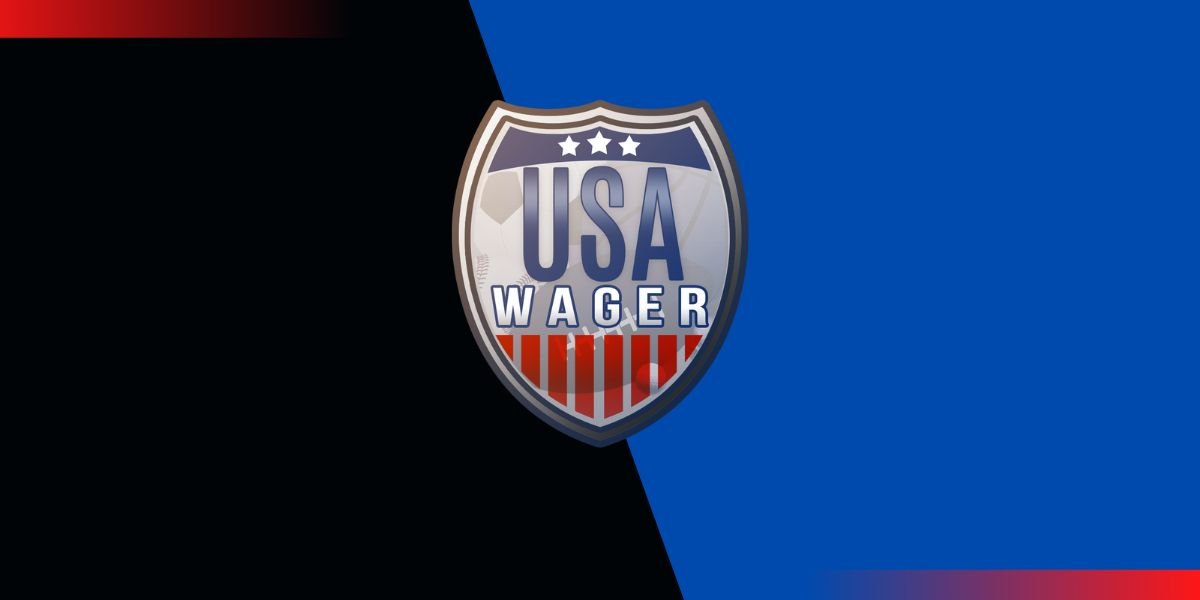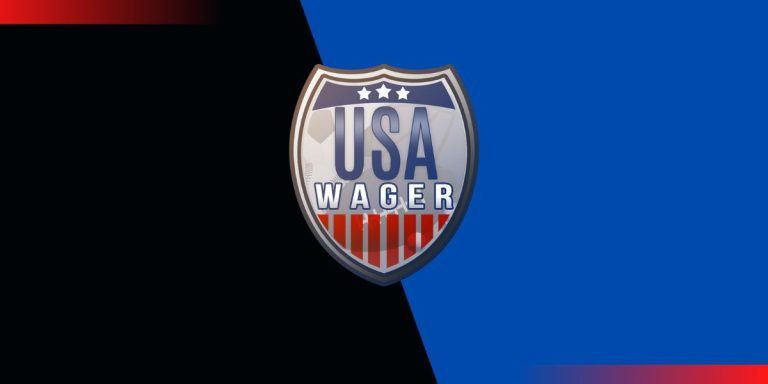Bovada Responds to New York State Regulations
Bovada Responds to New York State Regulations
The wave of states allowing legal sports betting over the last three years is beginning to have an impact on offshore-operated sportsbooks, as New York has passed regulations that include all online sportsbooks, no matter where they are operating from. The state follows Nevada, New Jersey, Delaware, and Maryland with similar regulations, prompting Bovada to ban customers from all of those states from placing bets.
New York residents can use remaining funds on events occurring on or before June 21st, after which all activity will be banned. Bovada is taking the step, seemingly to avoid any legal action from New York and the other states that specifically mention offshore sites in their regulations.
The move by New York is in preparation for legal sports betting, which is included in the state’s 2022 budget. New York plans to license at least two sportsbook operators to provide platforms for online wagering for residents and visitors located within the state’s borders.
Although not technically defined as legal, the use of offshore sports betting sites has become fairly commonplace, with United States financial institutions restricting the use of credit and debit cards as well as bank accounts for funding wagering activity. The sites have turned to other funding methods, such as cryptocurrency and other cash equivalents.
Legal Sports Betting Update
Bovada’s action, which so far hasn’t generated similar moves by other offshore sportsbooks, brings into question whether there is long-term viability for them to be a resource for sports bettors anywhere in the United States. Since the Supreme Court of the United States overturned the Professional and Amateur Sports Protection Act (PASPA) in 2018, 26 states have legalized sports betting, with more sure to follow.
This past month, Florida became the most populous state to approve wagering on sports when its legislature approved compacts that governor Ron DeSantis had negotiated with the Seminole Tribe, the entity with exclusive rights to operate gambling establishments in the state. Arizona also recently legalized sports betting, and the Phoenix Suns and Arizona Diamondbacks almost immediately announced deals to have sportsbooks operate in their home venues.
Last week, the first arena-based sportsbook opened in Capital One Arena, home to the Washington Capitals and Washington Wizards. The full-service restaurant and sports betting facility is operated by Caesar’s Entertainment under the William Hill brand and is adjacent to the arena located in the District of Columbia.
The Future of Offshore Sites
With over twenty states, including California and Texas, the two largest in the United States, still, at least two years away from legalizing sports betting, there is still a healthy market for offshore betting sites. The short-term prospects are still good for many of the sites, as long as additional regulations banning or restricting their operations for residents of the United States that aren’t in states that have yet to allow legal sports betting.
There is little doubt, however, that their action booked from the United States-based bettors will continue to decrease as the states that have already legalized sports betting get fully online. It will also be interesting to see if other offshore sites follow Bovada’s lead and begin banning bettors from particular states.




